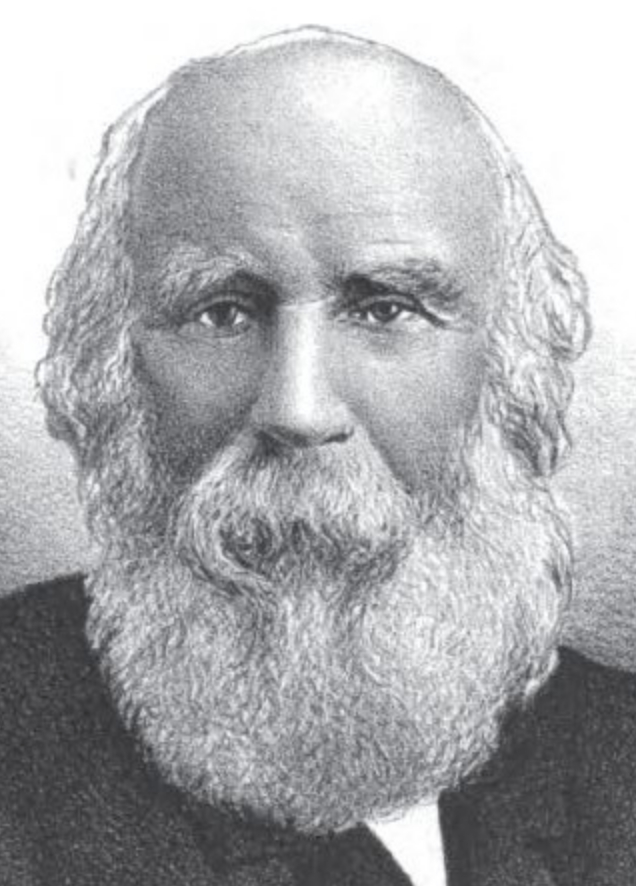On this date in 1813, James Fergus was born in Lanarkshire, Scotland. He became a U.S. citizen in 1839 and in 1862 he settled in what would become Montana. He became an influential politician, cattle rancher, miner and judge. Fergus began questioning his family’s Presbyterian religion as a child and his “freethinking agnosticism” grew stronger after he left Scotland at age 20. “I am better known for my unbelief than any man in the territory, except [fellow Montana pioneer] Granville Stuart,” Fergus wrote in an 1883 letter.
His freethought views were so strong that when a Christian relative offered him a large sum of money if Fergus would tell him that there could be a God, Fergus refused. Although he needed the money, he replied to his relative, “I have come to the conclusion that there is not enough money in Scotland to make me tell a lie.”
He held several political positions and founded Fergus County. His wife, Pamelia Dillin, whom Fergus married in 1845, was also a freethinker. They had four children: Mary Agnes, Francis Luella, Andrew and Lillie.
Fergus actively supported the separation of state and church. During his time as a Territorial Council member, he opposed using taxes to fund a chaplain for council meetings and in 1884 he opposed including God in the Montana Constitution. He wrote an editorial in 1888 for the Fort Benton Record vigorously opposing converting Native Americans to Christianity.
Fergus is quoted as saying in 1883, “The Christian religion brought about a long period of ignorance still known to us as the Dark Ages, during which thought was curbed, common education banished, and conscience given over to a rude, vulgar and ignorant priesthood. And whatever good Christianity may have done since, much of the degeneracy of mankind during this period must be laid at its door.” (All quotations from the Fergus County History and Genealogy website.) D. 1902


